When searching for a new place to travel, there is a very high probability that a tropical paradise, fascinating culture, or exotic landscape you want to visit is located in a third world country. By definition, a third world country is considered a “developing” country. This means it has little industrialization, has little to no international political involvement, less technological advancement, and often has a very small national GDP and therefore under-performing economy. The qualifications are constantly changing, although the general consensus nowadays is that the Cold War definitions of these third would countries are outdated and they should simply be called “developing” countries.
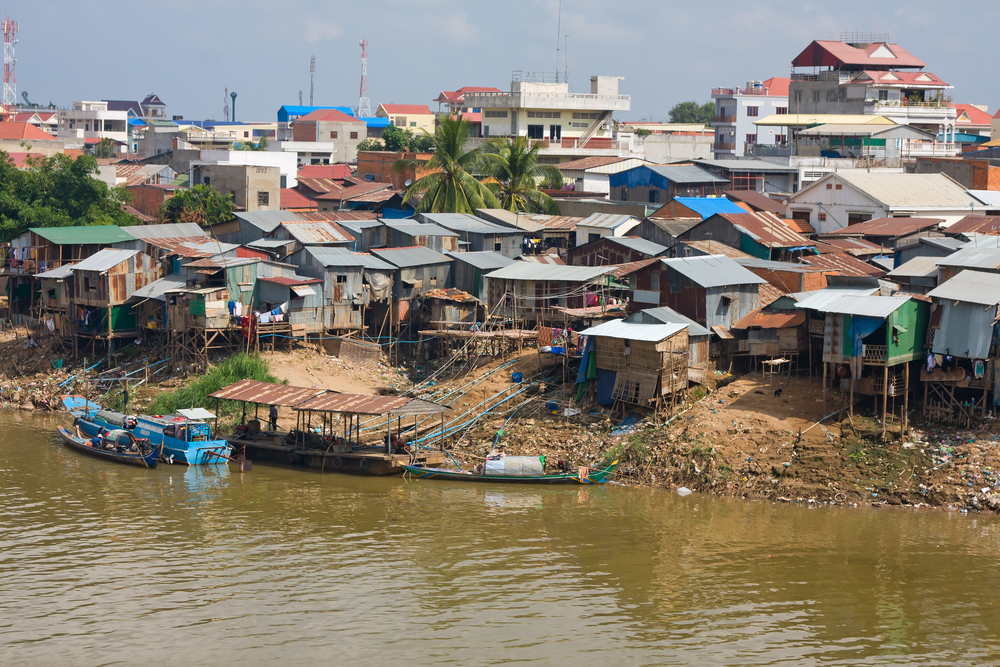
You know whether the country you are going to is highly developed or not, and you will have a general idea of how ‘safe’ it is compared to your home country. Simply put, there is a stark difference when traveling in first versus third world (developing) countries, and we would like to break down some general travel differences to help you throughout your travel research process. Please note that travel experiences vary greatly from country to country, and so individual undeveloped or developed countries may not fit all of these general themes.
What to expect
First world (developed): Lots of buildings, cars and usually people (at least in major cities). You often do not bargain for products, you simply pay the listing price. If you are planning on driving in a first world country, be cautious of the rules of the road; however, you will almost always be within close proximity of assistance if your car happens to break down. If you are not from a developed country, the food may surprise you as well.
Third world (undeveloped):
- Expect less buildings (on average), less vehicles, and food is not as readily available to everyone.
- There may be some very different or strange food variations, so try to be open-minded!
- Expect to bargain for a lower price on many products.
- Understand that free WiFi and internet spots are harder to come by, and you may have to go to a desktop computer at a hotel to “connect” if you aren’t paying for a international plan with your cell phone. However it’s entirely possible that it will be easier to connect than in a developed country – there are no sure-things when it comes to cellular access!
- Understand that you will see some poverty and begging; there are regions or parts of cities that have many impoverished people who sometimes rely on money from travelers to make ends meet. However this will usually take the form of selling handmade goods to travelers
- The quality of living may be lower and drastically different than your own. That said, be wary of who you give money to and who is around if you do so. Do not take out a wad of cash to give a single bill to someone out in the open.
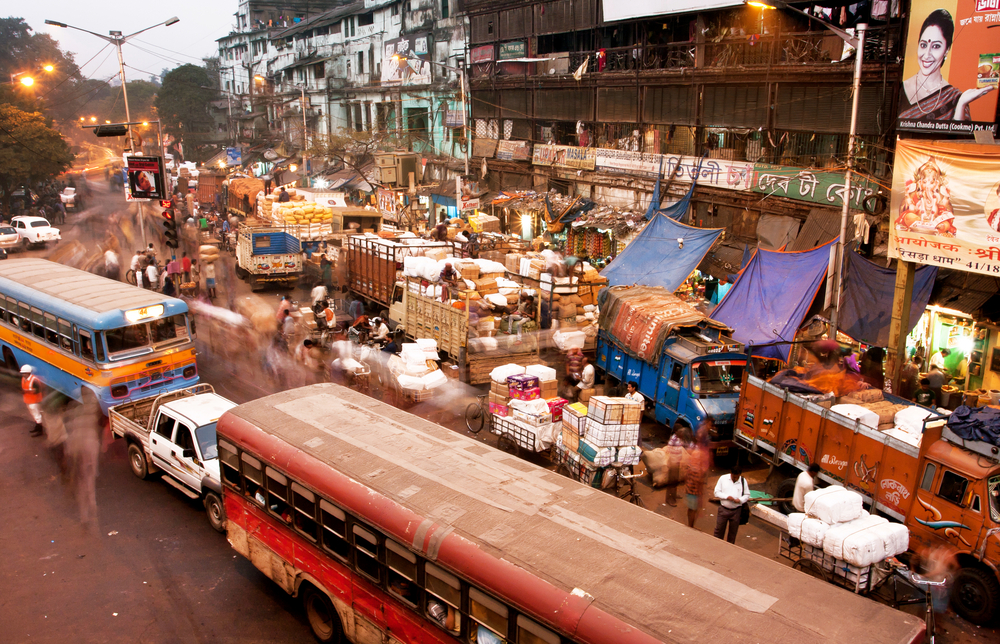
What to bring
First world (developed): All trip essentials. It is always good to bring an extra set of cash and have copies of travel documents. You can see our entire travel tips breakdown here. Bring any security essentials you are comfortable with such as luggage locks.
Third world (undeveloped):
- Bring a small pouch to wear under your shirt, either to go around your waist or hang from your neck. There may be pickpockets and thieves, so this will prevent them from being able to easily take your belongings like an open backpack would.
- Consider bringing a padlock for valuables and suitcases. Please note that these issues will also occur in first or second world countries, so this tip would be good for any traveler going to any country.
- Depending upon the country you are visiting, women should consider bringing clothing that covers their legs and arms as a sign of respect at religious sites. It is also wise to dress modestly in large undeveloped cities to avoid stares, rude comments, or safety issues. It may not be something you deem to be necessary, but it is a matter of cultural respect. Even in the large cathedrals of Italy women are required to cover their shoulders and knees, so long pants or shirts are smart no matter where you are traveling (especially in bipolar weather conditions!). When in doubt, layer up.
- Consider bringing extra toilet paper, wipes and soap/hand sanitizer for those possible ‘icky’ spots where you aren’t close to a nice bathroom.
- Consider purchasing travel insurance.
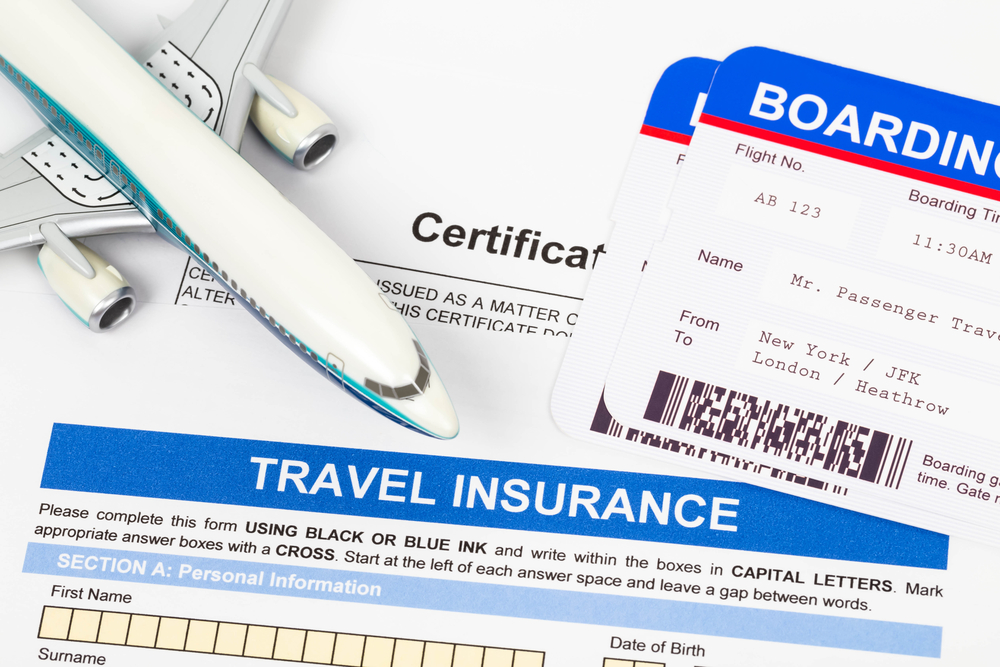
What NOT to bring
First world (developed): Pack as light as possible and be wary of packing highly valuable or expensive items.
Third world (undeveloped): Don’t bring your expensive belongings such as fancy jewelry, purses or clothes. You won’t need them, and it will make you an easy & obvious target to pickpockets and thieves.
Cleanliness
First world (developed): Pretty clean and sanitary, you will likely be close to bathrooms stocked with soap and toilets. Water is clean and drinkable.
Third world (undeveloped):
- Don’t expect every city to be extremely clean or sanitary – there is usually less constant upkeep of many areas, especially outside of major cities.
- Depending on how far outside of a city you are, you may not have access to nice toilets, toilet paper, or soap. Advice: bring some toilet paper and hand sanitizer or soap with you!
- Consider purchasing bottled water, mostly because your body won’t be accustomed to their drinking (tap) water, and also because bottled water may be a necessity while on the road. If you are unsure at a restaurant or establishment, ask that that they serve you either bottled water or boil their tap water.

Safety and Awareness
First world (developed): As a general rule, it is pretty safe in first world countries. That said, please follow our other tips above in regards to keeping your belongings and valuables safe. People can get robbed in high tourist areas such as major cities. Even in developed countries, steer away from the ‘bad’ areas of cities at night. Staying inside or with groups is always best. Just because a developed country is considered safe does not mean every region is.
Third world (undeveloped):
- Stay in your tour group and in populated areas. Be aware of your surroundings and try to adhere to local customs if possible.
- If you know a local, that is always best. Actually, it’s best to know a local no matter where you are traveling – makes the experience easier and more “real”
- Be very wary of giving money to strangers: use your “sixth sense” to filter out the situations that seem fishy or questionable.
- If you are a woman, pay special attention to religious or cultural attire norms and consider traveling with a man if you are in a particularly undeveloped country.
- If you own a cell phone, do not have it out in the open while you are in a crowded city.
- The general rules mentioned earlier in this article regarding belongings & valuables still apply as well.
- Again, consider purchasing travel insurance.
- Overall, just be aware of your surroundings and be educated and as you probably know, don’t go wandering around late at night.
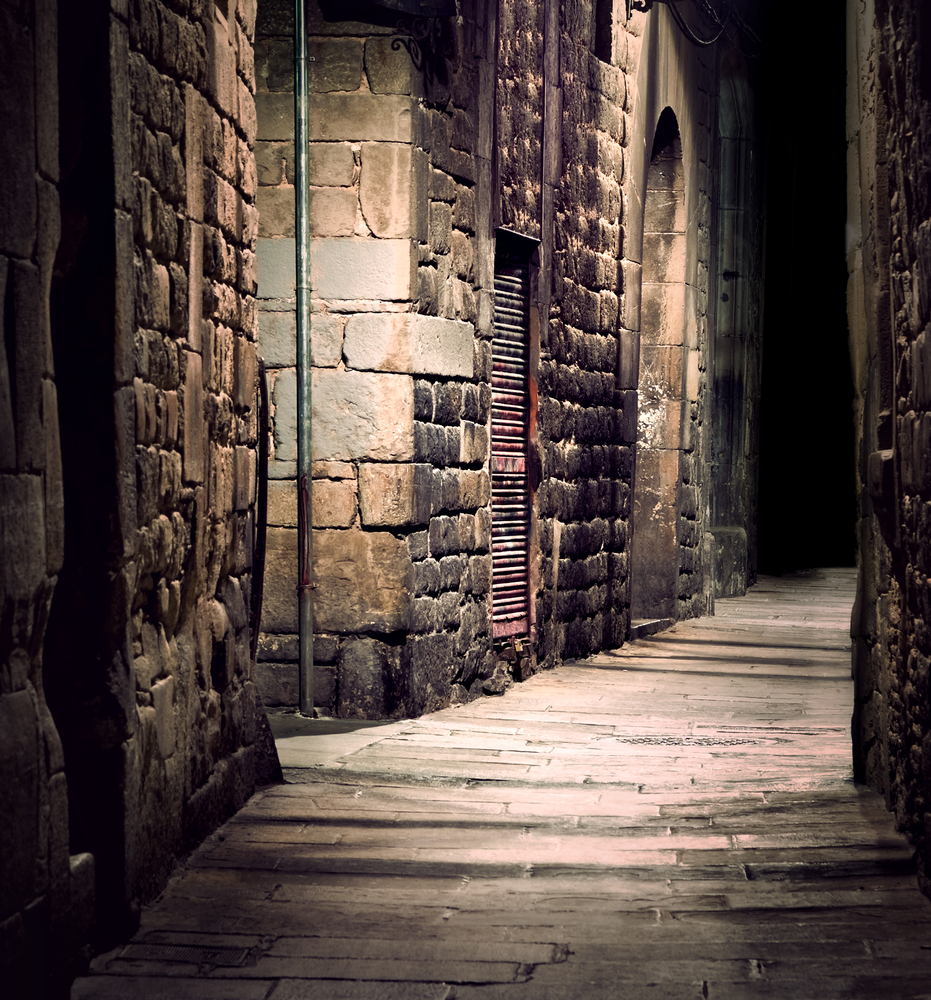
We suggest you perform your own research beforehand, since each country is so different and the internet is a fantastic resource for these things. Many websites will give you this same advice: be smart and be aware. Whether that is in regards to local languages & customs or safety, the rule applies everywhere.
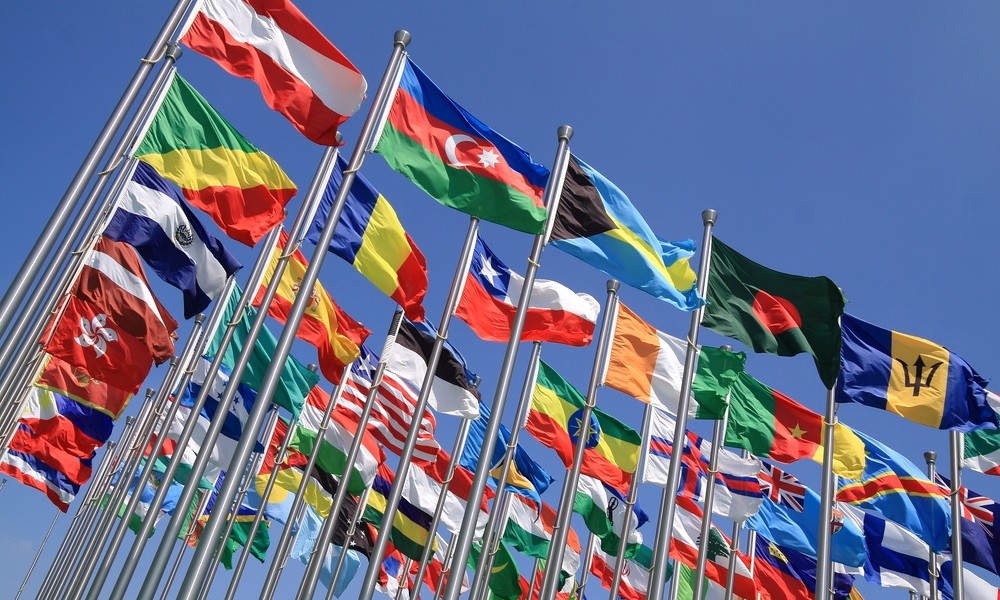
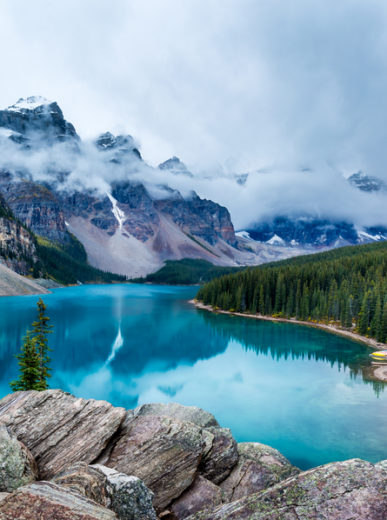




This is really educative and informative article shared here.it happened to me when i traveled to Kenya last year and the situation was like the way you posted your article above .thanks for sharing this amazing and useful statements.
This is a very fascinating blog, I came across today. Before, I have not seen anyone draw a comparison between First World and Third World countries. Now that I see, its very true what you said about being cautious in finding the reality of a country.